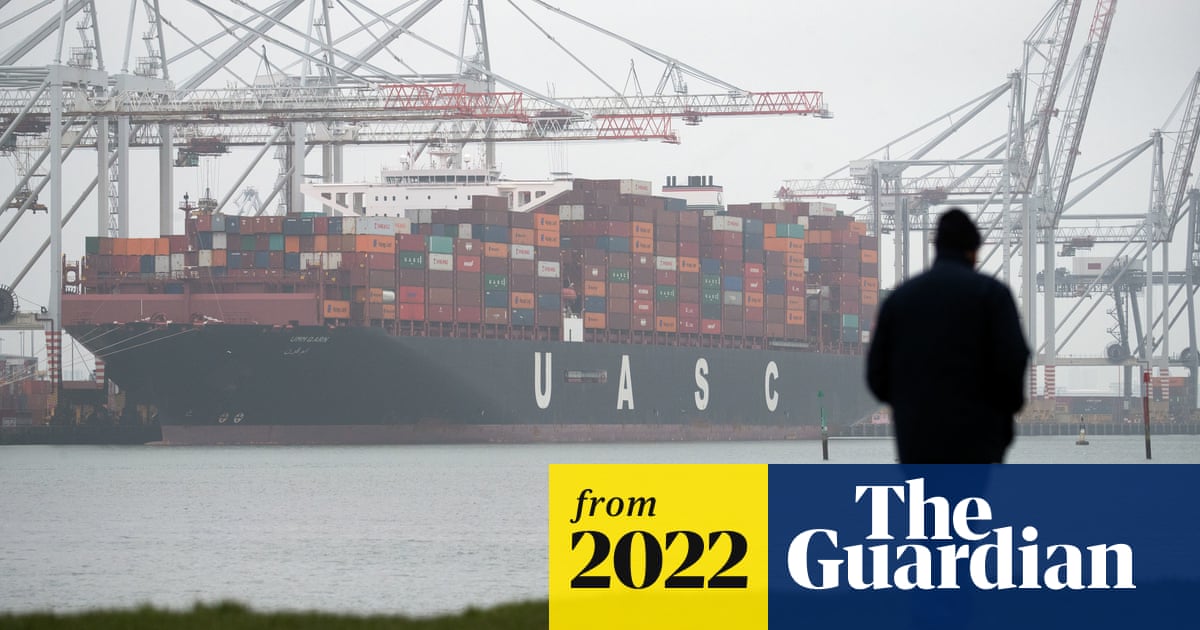The first part of your post - your critique of elements of the Resolution Foundation report - is considered. You rightly criticise the reports failure to fully explain the criteria under which it makes judgment of Brexit's failures. Unfortunately, Liam Halligan makes the same mistake throughout his piece.
the threatened collapse of UK trade hasn’t happened...yet. There's a worldwide recession brewing and the Brexit impact on British trade has not come to an end, not by a long chalk. Halligan recognises that in his following comments but then contextualised it in terms of arch-remainers considering Brexit to be axiomatically doomed to failure. Well he would wouldn't he and that sort of knockabout yah-boo stuff takes his argument nowhere.
He then moves the focus of his critique of the Remain argument to the assertion that, "at the core of the EU, the eurozone remains an ill-designed and extremely fragile, half-finished currency union." But the UK was not in the Eurozone. Neither are other Eastern European member States. Yes the Eurozone remains fragile but it isn't fundamental to the survival or continuation of the Union. Indeed, for this poster there is good reason to allow the weaker member states greater flexibility around their adoption of the currency.
These journalistic failings will continue to compromise reasoned debate so long as they are written by people with a side to take. The best thing to do is to take the more reasoned and factual elements and come to one's own conclusions.


